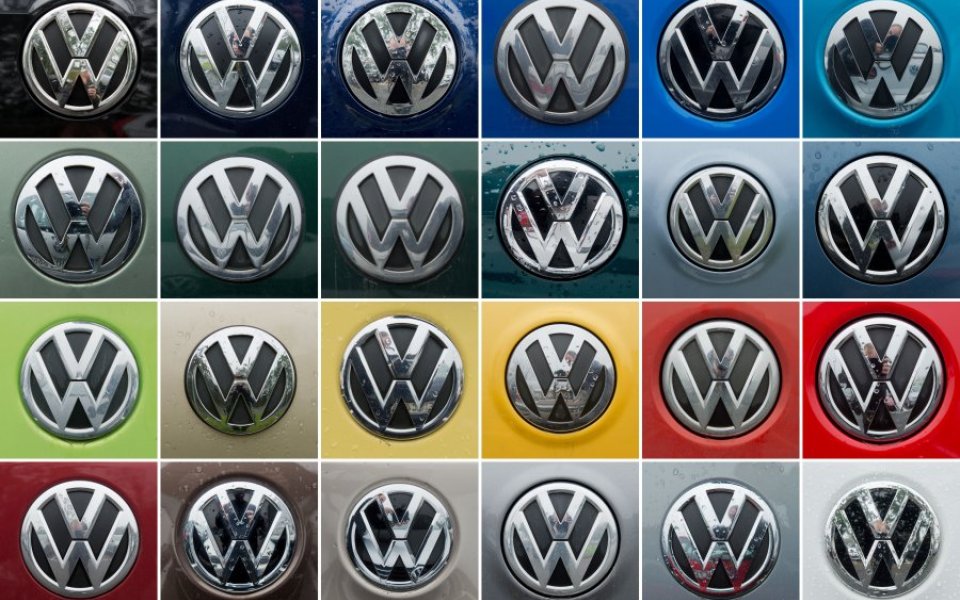Volkswagen emissions scandal: Has it put car makers on the road to becoming the new banks?

Not long ago, it seemed impossible to think that the reputational turbulence experienced by the banks of late could be matched by any other sector. However, Volkswagen’s recent mea culpa is just one of the latest in a series of blows for the automotive industry and, for many, a potential tipping point in terms of trust.
The reputation of an individual company can be undermined in one fell swoop, depending on the severity of the incident and whether actions are pre-meditated or not. But it tends to take a series of negative events over time to undermine the standing of an entire industry.
In the case of the banks, examples of corporate bad behaviour have been legion: irresponsible lending, PPI and rigging forex markets, to name but a few. This recurring negative behaviour moulds people’s attitudes and expectations – fuelling a belief that certain industries are populated by people who, given half a chance, will always behave badly.
This is a particular problem for the banks at the moment. In the UK, favourability of the sector is low at 20 per cent, compared to 37 per cent globally, and banking is the industry most likely to be seen as having too little regulation. To compound the issue, any initiatives banks do produce to demonstrate that they have learnt lessons from the past are undermined because the public feels that they are incapable of acting in anything but a persistently self-interested way.
There is no short-cut to changing this kind of sentiment. The only real counter is to demonstrate consistent positive behaviour, which over time will erode the industry’s negative halo.
Car makers, as with banks, have been bedevilled with high profile crises for years. Toyota’s recall of vehicles with a sticking accelerator pedal undermined the company’s reputation for safety and integrity (given the admission of a cover-up of the problem). Another example was Ford and Firestone’s very public argument about who was to blame when Firestone tyres failed on a number of Ford models.
There is a feeling, however, that Volkswagen has upped the ante in the reputation stakes and that the industry now risks being seen through a different prism entirely. Incompetence and cover-up is one thing, but setting out to deliberately deceive regulatory authorities and customers is quite another. And this, of course, is why we come full circle, with comparisons being made with the worst excesses of the financial services sector.
Our latest Ipsos Global Advisor survey of consumers around the world still finds the automotive industry in the top five most trusted sectors, suggesting the storm has been weathered so far. But the tipping point will come when people routinely begin to presume the worst and discount messages relating to technology, safety and performance. This is arguably a more fundamental concern for status brands such as BMW and Mercedes, where the ownership of such traits supports differentiation from more mainstream (and cheaper) competitors.
However, whether you are BMW or Hyundai, the greater fear in many ways is that the car industry becomes the new corporate culprit, akin to the banks. It will then be seen as an industry producing something we need (think cars for current accounts) but one that is held in such low esteem that it is frequently interrogated and fined by regulators around the world.